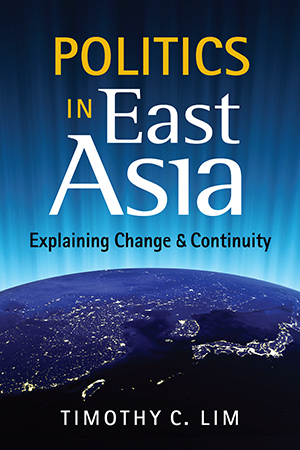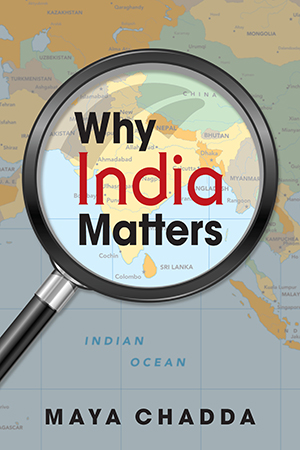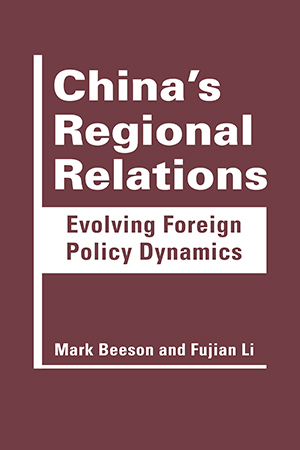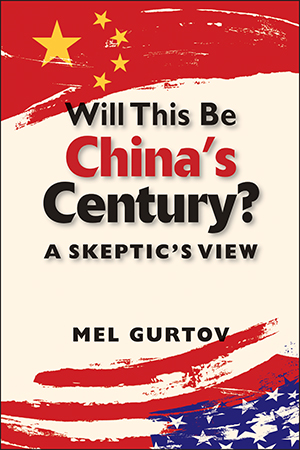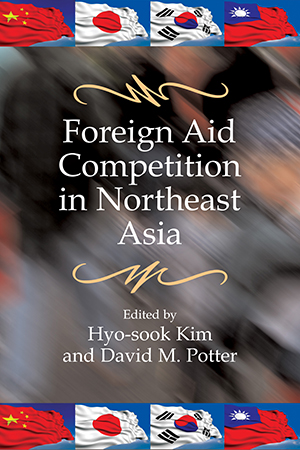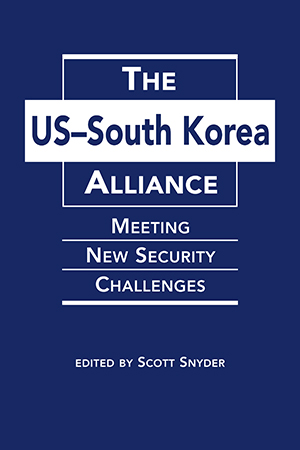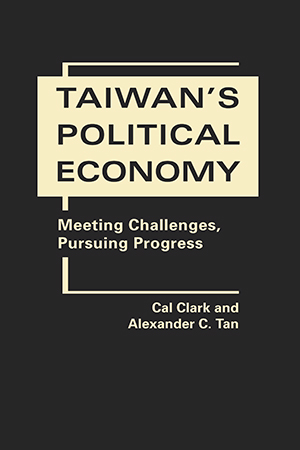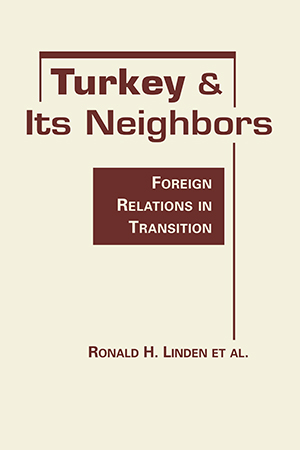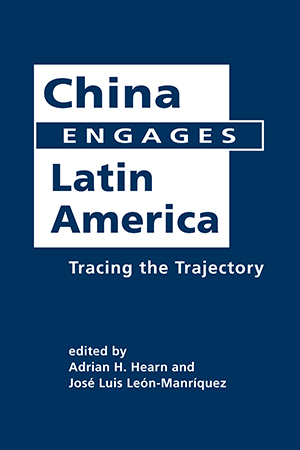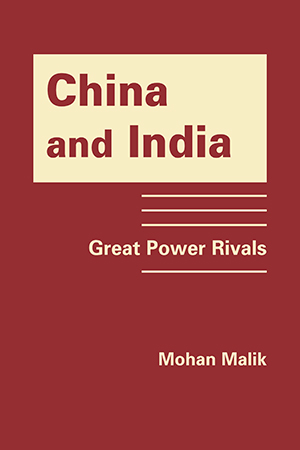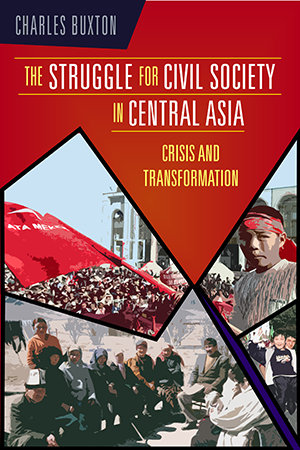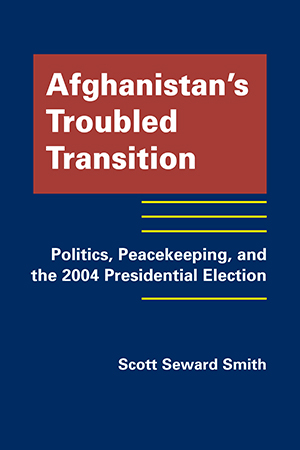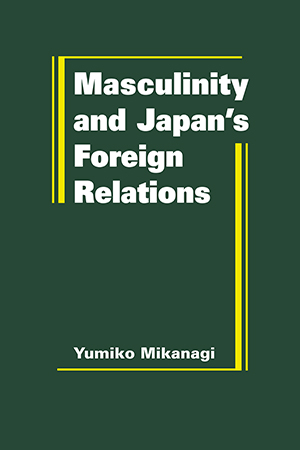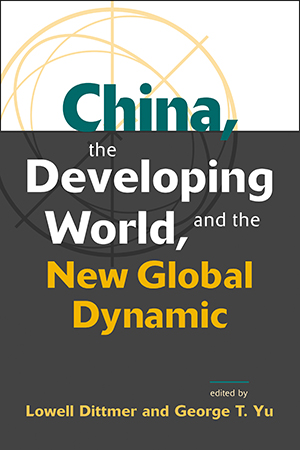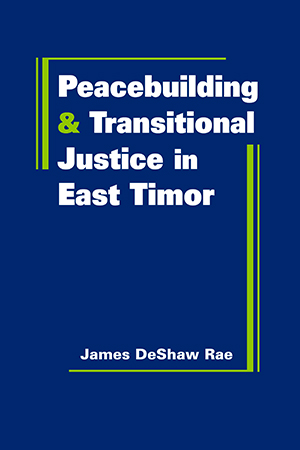Asian Politics
This systematic, innovative introduction to the dynamic politics and political economies of China, Japan, North Korea, South Korea, and Taiwan teaches students how to think analytically, More >
Why is India's rise on the world stage so controversial? How can a state that is losing authority to its regions at the same time grow in international importance? Exploring an apparent More >
Has China's much-discussed "charm offensive" come to an end? Are fears about the country's more assertive foreign policies justified? How will a rising China interact with More >
Mel Gurtov takes issue with the widespread view that China is on the way to rivaling or even displacing the United States as the dominant world power. Gurtov identifies serious More >
In recent years, China, Taiwan, South Korea, and Japan have been transformed from aid recipients to aid donors, raising a number of questions. What motivated these four countries to embark More >
How can the United States and South Korea best cooperate to address new security challenges? Can the US-ROK alliance serve to advance South Korea's interests and at the same time help More >
Taiwan's economic and political transformation was once considered a model for developing nations, but in recent decades, the momentum has stalled. Why? Cal Clark and Alexander Tan More >
Recent years have seen dramatic changes in the nature, direction, and impact of Turkey's foreign relations in its neighborhood—a region that encompasses Europe, the Middle East, More >
What inroads is China making in Latin America? In China Engages Latin America, experts from three continents provide local answers to this global question. The authors explore the More >
Despite burgeoning trade and cultural links, China and India remain fierce competitors in a world of global economic rebalancing, power shifts, resource scarcity, environmental degradation, More >
Charles Buxton traces the gradual establishment of the civil society sector in the five former Soviet republics of Central Asia, countries that find themselves today negotiating a More >
Scott Seward Smith focuses on Afghanistan's 2004 presidential election—the first popular election ever held there—as he explores the painstaking attempt by the United Nations More >
Transformations in both Japan's domestic culture and its foreign relations in the last two decades have led to, among other outcomes, a shift to a more militarized defense policy. Yumiko More >
With China's rise as a major player in international affairs, how have its policies toward developing countries changed? And how do those policies now fit with its overall foreign policy More >
Did the United Nations successfully help to build a just, peaceful state and society in postconflict East Timor? Has transitional justice satisfied local demands for accountability and/or More >


